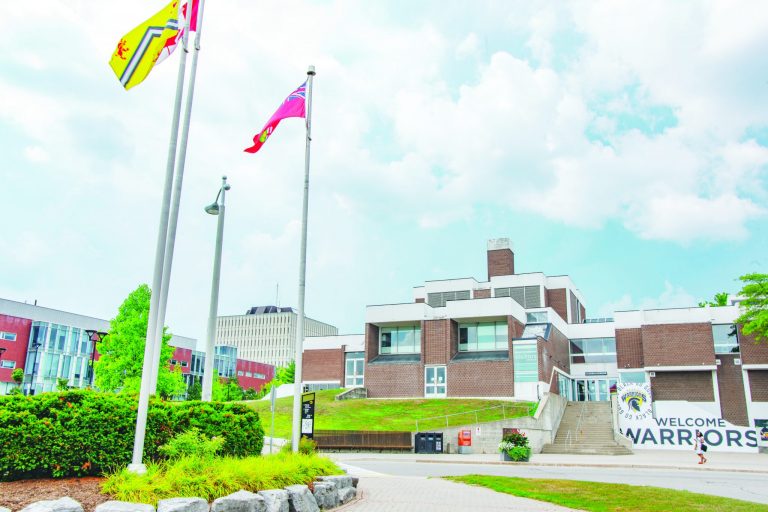The University of Waterloo is situated on the traditional territory of the Six Nations of the Grand River and the Mississaugas of the Credit First Nations. This is a core part of the land acknowledgment that has taken root in the University of Waterloo’s customs in recent years.
As of September 2023, the University of Waterloo announced that it will waive tuition for incoming and current Waterloo students who are members of the Mississaugas of the Credit First Nation or Six Nations of the Grand River.
This program cannot be applied to terms before fall 2023. Students who are members of these bands and are pursing studies in both graduate and undergraduate programs will be eligible.
Jean Becker, Vice President of Indigenous Relations at UW, said this program started with the Six Nations community.
“I’ve been working in post- secondary education in this region for over 30 years, and [First Nations] people have often asked me when universities are going to start offering tuition or children the ability or the opportunity to go to university without paying tuition,” Becker said.
This program is a part of Waterloo’s work towards reconciliation and is a response to the Truth and Reconciliation Commission’s calls to action. Addressing the educational gap is a part of the goals set by the Truth and Reconciliation Commission. Waterloo’s goal is to bridge the educational gap between Indigenous and non-Indigenous populations.
“The IAP [Independent Assessment Process for compensation claims of abuse at residential schools] was, by intent and design, focused primarily on the individual. It enabled individual residential school survivors to recount their experiences and receive compensation for the harms that were specifically done to them,” the Truth and Reconciliation Committee’s Final Report 2021 said.
The validation program will rely on students submitting their accepted citizenship/membership cards,which show their enrollment in the community. Becker and her department ensured Indigenous people’s voice are at the forefront of this action.
“We had to do consultations internally with certain departments. [We had to] understand what this would mean, would this have any negative impact on the students we were speaking to help? We need to understand the impact of taking such an action,” Becker said.
For students who do not have documentation, an Indigenous-led committee at the university will consider tuition waiver requests per individual applicant.
“Many institutions have adopted land acknowledgments as a practice that that we all do to acknowledge that we understand where we
are, and we also understand that acknowledging that is not enough,” Becker said.
In June 2023, students can upload the requested documentation into Waterloo’s student information system. Starting this year Waterloo is also offering Ontario domestic tuition rates for Indigenous students from out of province and the United States. Becker said this would be in acknowledgment of Jay’s Treaty, something that many Canadian universities do not acknowledge.
The treaty was signed on Nov. 17, 1794 by representatives of the U.S. and Britain, and allows for Indigenous people from Canada to live and work freely in the U.S. and vice versa. The University of Guelph has had a program like this in place for about two decades.
“So you’re in the living room and in the U.S, [and then] when you go to bed you’re in Canada. That’s kind of an extreme example, but it actually did happen in some of our communities,” Becker said.
Applications fees will also be waived for applicants who identify as First Nations, Métis and Inuit. Waterloo’s Indigenous Relations office is working on bridging programs with high schools to ensue Indigenous students meet post-secondary admissions requirements.
“Compensation was a concrete way of demonstrating the validation of and the responsibility for the residential school experience. It was a judicially styled and recognized measure and had a significant impact on individual survivors and claimants,” the Truth and Reconciliation Committee’s Final Report 2021 said.
At the core of this program the University of Waterloo is trying to make up for its role in colonizing Indigenous people and their land.

